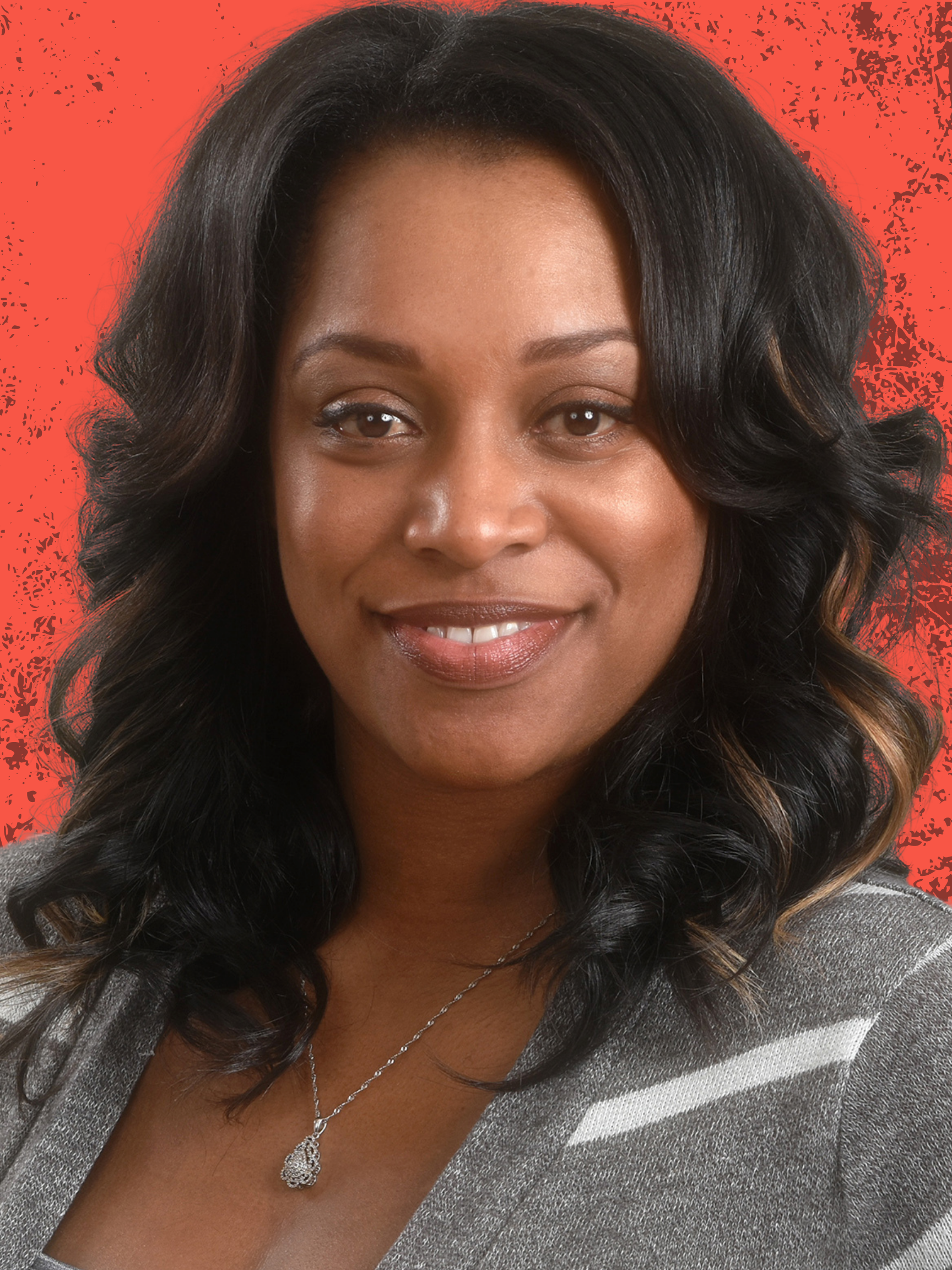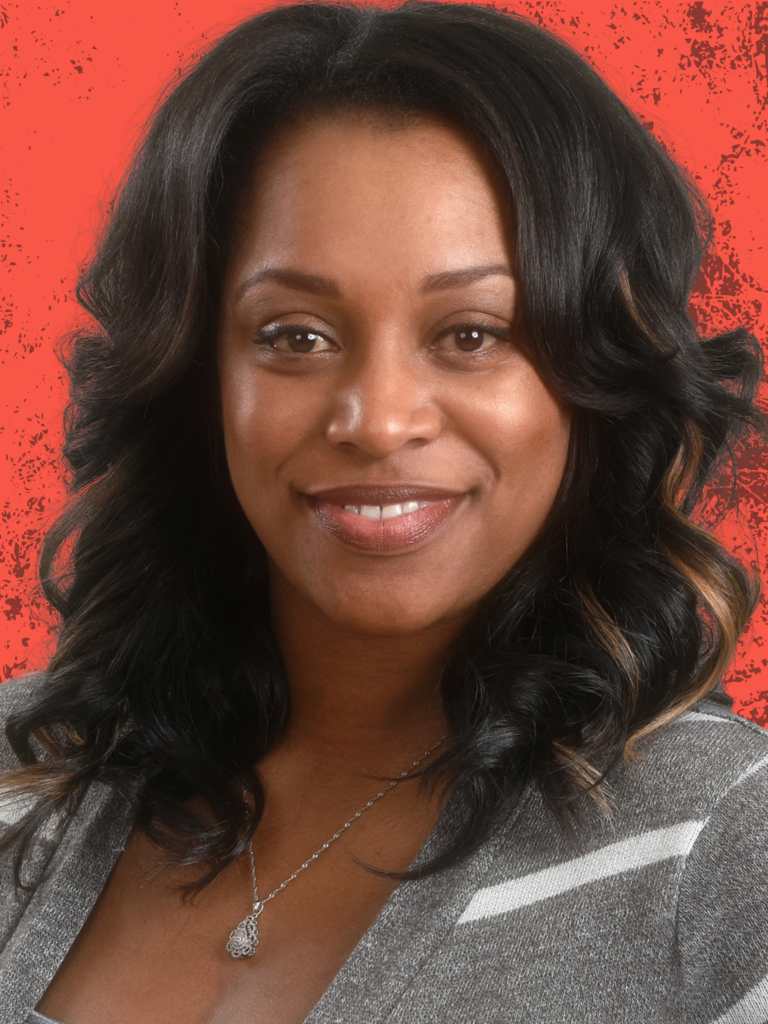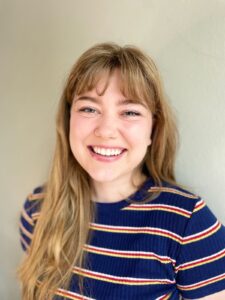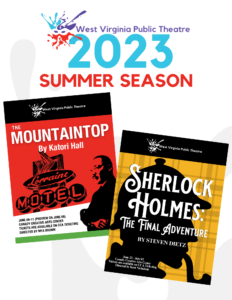

Interview with Mya Brown | Radio Theatre for Our Time
Written by Micah C. Beachy
Interviewer: Thank you very much for taking the time to speak with me. I first want to ask you about what the process has been like working for Radio Theater for Our Time?
Mya: So it came to me by way of Jerry McGonigle. He was just kind of responding to what was happening in society at the time and you know how Jerry speaks, very frank, very free, and very transparent. It’s one of the things I love about him. He was just really transparent about the fact that he was feeling a personal responsibility to address the issues he was noticing in society— specifically with what was happening with police brutality and how can we as public theatre who can’t actually do theatre right now because of the other pandemic, COVID-19. How can we use our platform to address these issues while also being relevant in a theatrical sense? So he was the original person who had the idea of what if we take non-dramatic text and we transform them into dramatic works. I said Jerry, I’ve already done that with Dr. King’s “Letter from Birmingham Jail.” So at SUNY Oswego, I served on the Martin Luther King Jr. celebration committee, and through that, I was able to contribute to the programming. So for the last three years I helped moderate discussions, I helped locate panelists and speakers, and I also was able to contribute to the program through a reading of some of Dr. King’s work. The first year we did his “I Have a Dream” speech and at that time I said I would really love to do something other than this speech because you know, it’s kind of the go-to. What other works does he have out there that are really relevant and will resonate that maybe aren’t as well known? The “Letter from Birmingham Jail” is one that I think fits that model. So I took the letter and I transformed it into this dramatic staged reading with five readers. So I already had the script created and when Jerry had this idea I was like oh my gosh I have the very thing! So I sent it over, he read it, liked it and we just hit the ground running from there.
Interviewer: What was your biggest obstacle in creating this first episode?
Mya: I think definitely the technical procedures we had to go through in order to bring five people together who are in various parts of the nation. From New York to LA to North Carolina to West Virginia. Getting people together from all over and how can we manage that in a way that it still sounds like it’s one coherent piece. So I think the technical elements were definitely the biggest obstacle but I feel like we overcame them in a great way.
Interviewer: On the flip side, what has been the biggest win for you with this episode? Was there an AHA-moment?
Mya: Yeah I think definitely when we had the panel discussion. Hearing the panelists respond to the reading was really eye-opening for me as a creative, a director, and as an adapter. I had all their ideas in my head about how I thought the audience would respond, right? But until we can actually experience the audience responding we have no idea if what we’re aiming for is actually working. So to hear the panelist, well one to see them, because we were via Zoom. So I could see them as they were listening to the piece and non-verbal communication is something big that I focus on in my acting..so I’m picking up on all the non-verbals that are happening with the panelists as they are listening so that was a really great feeling. Also to hear them reflect on it and say all of those things I had in my imagination percolating about the chorus being a powerful tool as a call for action in a community. These were just concepts for me so to hear it over and over myself, I thought ok we’re doing the work. To get that confirmation from audience members who had listened to it was really fulfilling for me as a creator.
Interviewer: That’s so great. What do you hope that people who listen to this work get out of it? What do you hope their takeaways are?
Mya: I really hope that they understand the need for change and the need for now. I hope that we can inspire people to get out to the polls and to vote. Not only in the presidential election but in all facets of the ticket—down the entire ballot with some level of specificity and knowledge about the topics that our politicians are moving towards. Be knowledgable when you go to cast your ballot is really important and I hope that we can inspire people to say I gotta get out there and vote, but also to be inspired to learn more about the candidates and really reflect more about what is important to them and their moral set and what changes do they want to see in society and use that as inspiration for the actual vote.
Interviewer: I know that you are a teacher and are involved in many different projects. Are you involved with anything else related to the Black Lives Matter movement?
Mya: Yes. I actually am so blessed and lucky to be a new hire here at the University of North Carolina in Greensboro in the School of Theatre. I am working right now, we’re going into tech on the play “Skeleton Crew” which was written by Dominique Morisseau. It’s set in 2008. We understand and we know that was when the housing bubble happened, and that caused this crisis in the economy. We were sent into a recession. So the playwright is really focusing on how that economic struggle impacted the black community of Detroit, Michigan. There it really had a major negative impact on the auto workers. The play is set in an auto plant and we know the auto industry was hit hard during that recession. So we are seeing how these auto workers are dealing with their circumstances of possibly being let go at any moment. Everyone around them losing their homes, people ending up resorting to things like gun violence, and you know just entire communities deteriorating because of the poverty surrounding their neighborhood. So it’s awesome that I get to work on the “Letter from Birmingham Jail” while simultaneously working on “Skeleton Crew” and it is all speaking about the same kind of systemic oppression that is affecting BIPOC people. Not only through their needs and desire to become free and to gain justice. But also, through their economic struggles that you see in the play. So it has really been a great opportunity for me and I just feel consumed by the work in all facets of what I’m doing and I feel quite privileged to do so.
Episode 1: Letter From A Birmingham Jail will be available soon on WV Public Theatre’s website and other streaming platforms.
For updates on all things happening at WV Public Theatre, follow us on social media platforms @wvpublictheatre.



